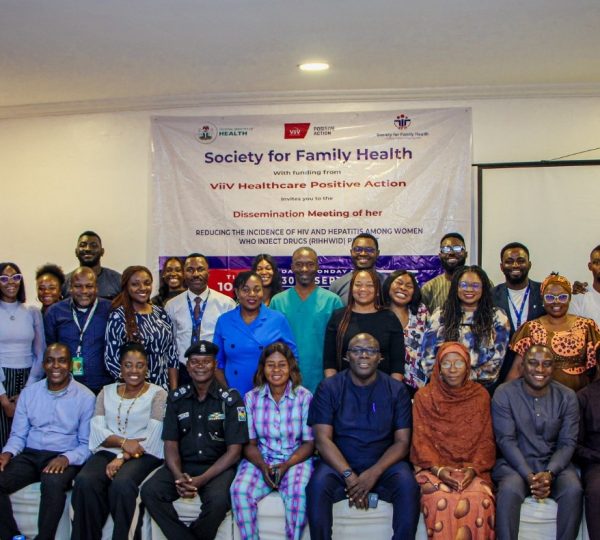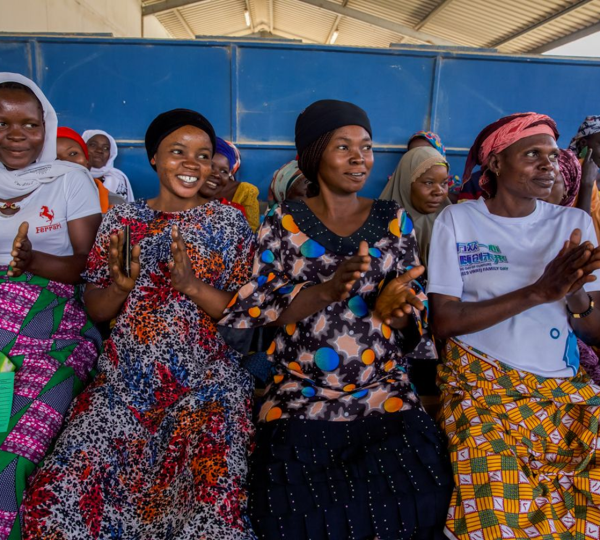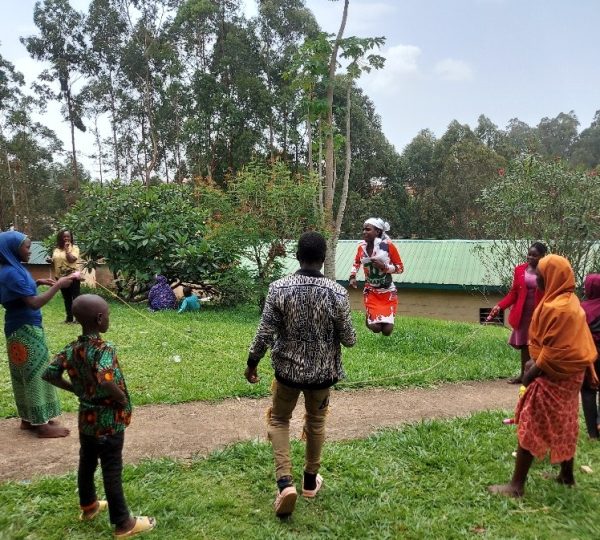Accelerating Nutrition Results in Nigeria (ANRiN)
The ANRiN project is a three-year project funded by the World Bank to increase access to and utilization of quality, cost-effective nutrition services among pregnant and lactating women, adolescent girls, and children under five years of age in Kaduna State. It is implemented in collaboration with the Kaduna State Ministry of Health in eleven Local Government Areas of the State, namely: Makarfi, Kubau, Kauru, Kudan, Zaria, Lere, Giwa, Igabi, Soba, Birnin Gwari, and Sabon Gari.
The project, through its strategic partnership, is reaching more children and women and saving lives by providing nutrition services to children under five years, and teenage mothers during pregnancy to support optimal gestational weight gain, reduce the risk of gestational diabetes, increase birth weight, reduce the risk of anaemia in late pregnancy and lower the risk of preterm delivery. This is achieved through:
Basic Package of Nutrition Services (BPNS)
- Increased knowledge of mothers and caregivers of children 0-23 months of age on improved behaviors related to maternal, infant, and young child feeding patterns.
- Provision of micronutrient powders to children 6-23 months to improve the quality of complementary feeding.
- Provision of iron-folic acid tablets to pregnant women during pregnancy through counseling during antenatal care sessions.
- Intermittent preventive treatment for malaria during ante-natal care to pregnant women.
- Provision of zinc/Oral Rehydration Solution (ORS) for treatment of diarrhea among children 6-59 months of age.
- Provision of semi-annual vitamin A supplementation for children 6-59 months old.
- Semi-annual deworming for children 12-59 months of age.
Adolescent Health Services (AHS)
- Counseling for increased birth spacing amongst married women of reproductive age, particularly adolescent girls (15-19 years).
- Provision of a full range of short-term and long-acting reversible birth-spacing methods.
It is believed that these well-proven inexpensive, and cost-effective interventions, when delivered equitably and sustainably, will reduce maternal and child mortality rates resulting from chronic malnutrition, and, over time, increase school completion and performance and improve labor force productivity in the country.




